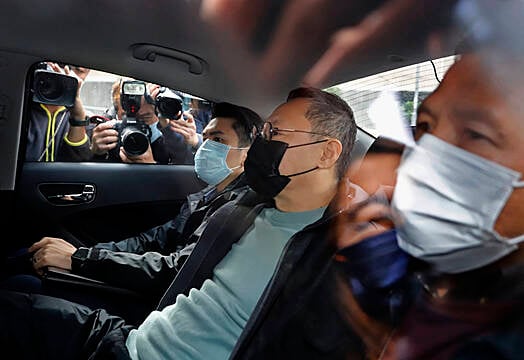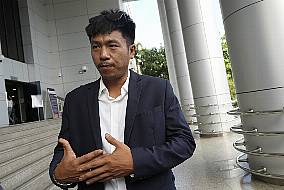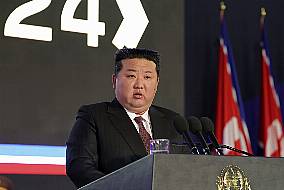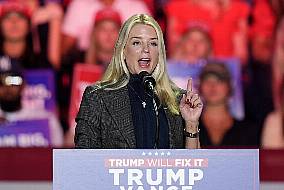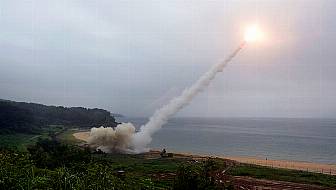Police in Hong Kong have arrested 53 former lawmakers and pro-democracy activists for allegedly violating the new national security law by participating in unofficial election primaries for the territory’s legislature last year.
The mass arrests, including of former lawmakers, were the largest move against Hong Kong’s democracy movement since the law was imposed by Beijing last June to quell dissent in the semi-autonomous territory.
“The operation today targets the active elements who are suspected to be involved in the crime of overthrowing, or interfering (and) seriously destroy the Hong Kong government’s legal execution of duties,” said John Lee, Hong Kong’s security minister, in a news conference.
He said those arrested were suspected of trying to paralyse the government via their plans to gain a majority of the seats in the legislature to create a situation in which chief executive of the region Carrie Lam had to resign and the government would stop functioning.
In a video released by former lawmaker Lam Cheuk-ting on his Facebook page, police turned up at his house and told him he was “suspected of violating the national security law, subverting state power.” Police told those recording the video to stop or risk arrest.
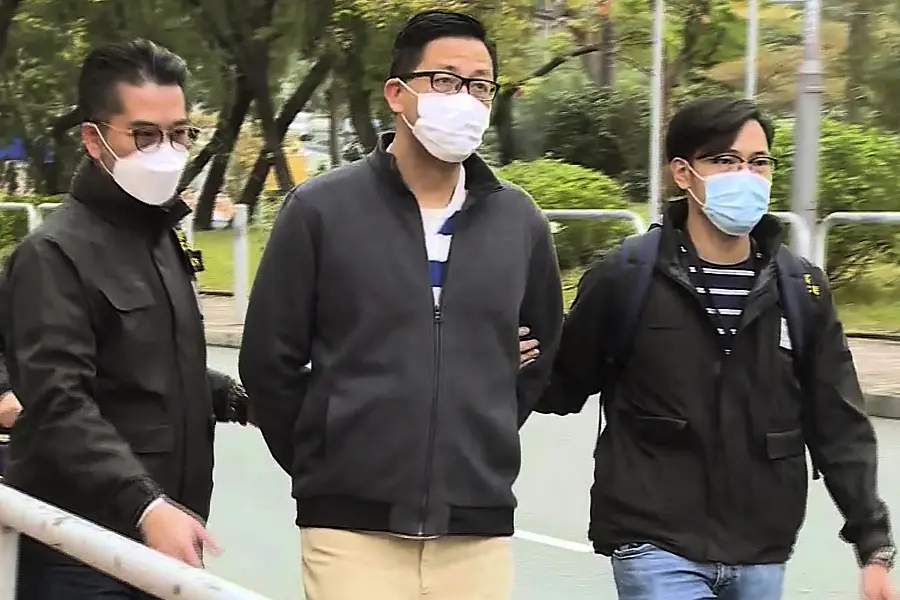
The election that would have followed the unofficial primaries was postponed by a year by Mrs Lam, who cited the public health risks during the coronavirus pandemic.
Resignations and disqualifications of pro-democracy lawmakers have left the legislature largely a pro-Beijing body.
Mr Lee said the police would not target those who had voted in the unofficial primaries, which were held in July last year and attracted more than 600,000 voters even though pro-Beijing lawmakers and politicians had warned the event could breach the security law.
All of the pro-democracy candidates in the unofficial primaries were arrested, according to tallies collated by the South China Morning Post, online platform Now News and political groups.
At least seven members of Hong Kong’s Democratic Party — the city’s largest opposition party — were arrested, including former party chairman Wu Chi-wai. Former lawmakers Mr Lam, Helena Wong and James To were also arrested, according to a post on the party’s Facebook page.
Benny Tai, a key figure in Hong Kong’s 2014 Occupy Central protests and a former law professor, was also arrested, reports said. Tai was one of the main organisers of the primaries.
The home of Joshua Wong, a prominent pro-democracy activist who is serving a 13-and-a-half-month prison sentence for organising and participating in an unauthorised protest last year, was also raided, according to a tweet from his account.
#BREAKING Police also raided Joshua’s home for allegedly violating the national security law this morning as he took part in the primary election last year. 50+ democratic activists were arrested.
— Joshua Wong 黃之鋒 😷 (@joshuawongcf) January 6, 2021
Mr Lee also pointed to a “10 steps to mutual destruction” plan allegedly formulated among those arrested, which included taking control of the legislature, mobilising protests to paralyse society and calling for international sanctions.
“The plot is to create such mutual destruction that if successful… will result in serious damage to society as a whole,” the security minister said, adding: “That is why police action today is necessary.”
Hong Kong has jailed several pro-democracy activists recently, including Wong and Agnes Chow for their involvement in anti-government protests, and others have been charged under the national security law, including media tycoon and outspoken pro-democracy activist Jimmy Lai.
Following the handover of Hong Kong to China by the British in 1997, the semi-autonomous Chinese city has operated on a “one country, two systems” framework that affords it freedoms not found on the mainland.
In recent years, Beijing has asserted more control over the city, drawing criticism that it was breaking its promise of Hong Kong maintaining separate civil rights and political systems for 50 years following the handover.
